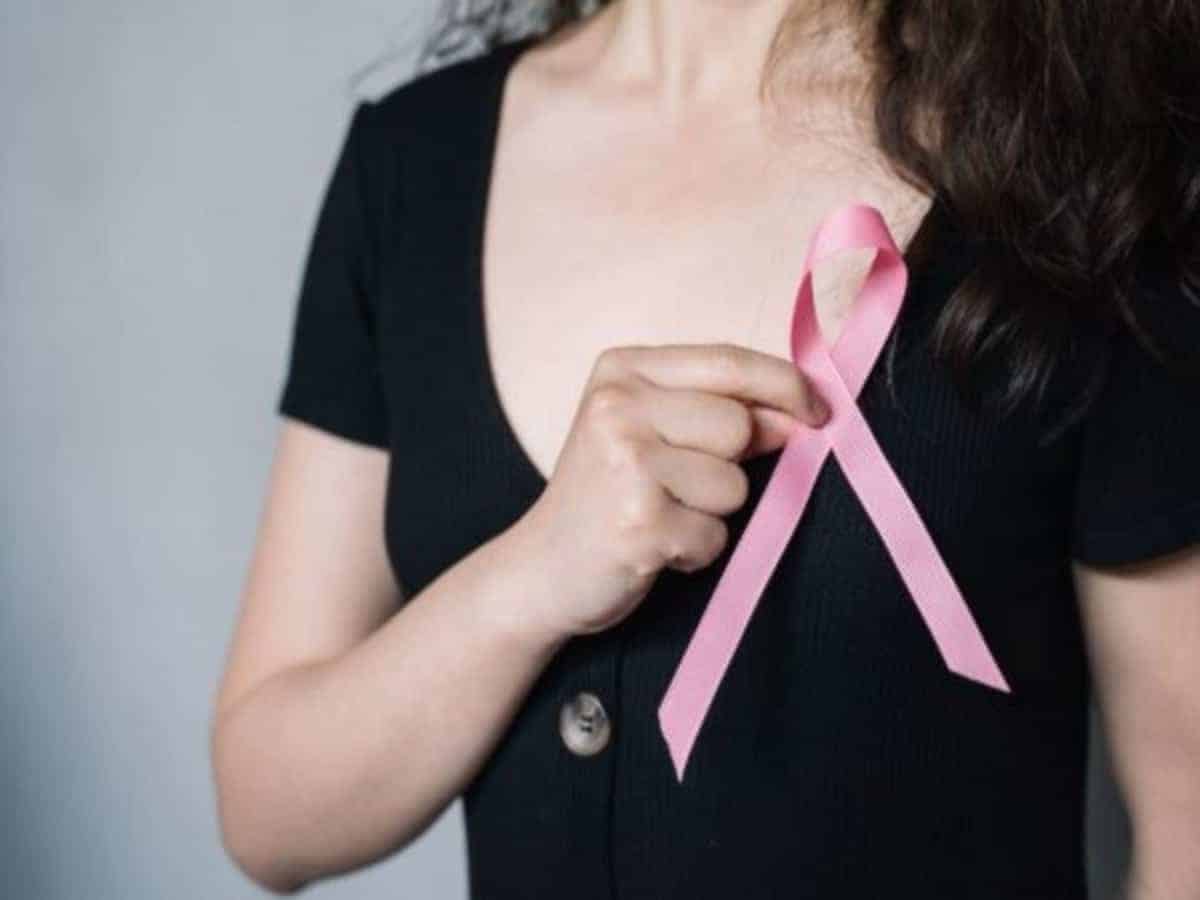New Delhi: People across the globe need to be aware regarding nutrition and other lifestyle changes that can be implemented to help them recover and potentially reduce the risk of the same cancer recurring or a new one developing.
World Cancer Day, which is observed to spread awareness, inspire change and reduce the global impact of cancer, is celebrated on February 4, every year. On this World Cancer Day, let’s dive into the role of nutrition and lifestyle changes in order to reduce the risk of the deadly disease.
Cancer doesn’t develop overnight and certain lifestyle changes and foods can help us in preventing the life-threatening disease. Although the crucial role of nutrition on wellbeing was known several hundreds of years ago in ancient healing methods such as traditional Chinese medicine, it often plays a minor role in the modern society.
A balanced plant-based diet with limited amounts of fast foods, sugar-sweetened drinks, red meat, and alcohol is recommended for enhancing health. Such a way of life helps to prevent both cancer and other non-communicable diseases (NCDs) because of the common risk factors. Although these facts are widely known, the figures are still alarming.
Some of the most prevalent forms of cancer in India are caused by poor lifestyle and hygiene practices. For example, excessive smoking causes lung and oral cancer while consuming alcohol is the cause of cancer in the colon, liver, and breast.
Dr ArunGiri, Director, Department of Surgical Oncology, Aakash Healthcare, Dwarka spoke to ANI about the role of nutrition and lifestyle changes that can help control cancer.
“Tobacco and alcohol-free lifestyle can substantially reduce the cancer burden. Good nutrition aids in preventing cancer. Plant-based diets filled with green, leafy vegetables and lentils, legumes, and fruits provide nutrients as well as dietary fibre,” said Dr ArunGiri.
A minimum of 25 to 38 grams of dietary fibre is required, which one can get from one fruit a day, along with two cups of vegetables and lentils. One must also avoid processed food and packed fruit juices as they have extra salt and extra sugar, respectively, both key contributors to increasing cancer risk.
One must also take care of the oil they use — mustard oil, olive oil, and rice bran oil are considered good for overall health unless one is allergic to the ingredients.
Cancer is also one of the biggest reasons that men and women lose their fertility as the cancer treatment of or around reproductive organs affects their capability. Therefore, a large number of cancer patients were not able to enjoy parenthood in the past. However, with the advancement in reproductive science, cancer patients can seek help from assisted reproductive technology (ART) and in vitro fertilization (IVF) processes to have children after their treatment is over.
Dr Gauri Agarwal, IVF and Infertility Specialist, Founder- Seeds of Innocence, shed light on the role of food and nutrition in preparing the recovered cancer patients for parenthood.
She said, “Nutrition plays a critical role in preparing the recovered cancer patient for parenthood. A balanced diet including whole grains, legumes, lentils, fruits, eggs, chicken, fish, dairy products such as milk, cheese, and yogurt is a must.”
“Grains provide carbohydrates, soluble fibre, and B vitamins while meat and pulses provide protein that help build and repair body tissue. Fruits and vegetables provide vitamins and minerals and dairy products provide calcium for better bones,” added Dr Gauri.
With the advancement in cancer treatment, a lot of patients are now hopeful of normal life after battling the deadly disease and hence do not want to miss out on parenthood.
There is not much evidence for the risk of nutrition regarding cancer awareness though trials are going on but maintaining a healthy lifestyle, regular physical exercise, and eating fruits and vegetables are important.
Dr PaturiKarunakar Reddy, Consultant – Surgical Oncology, Apollo TeleHealth spoke to ANI about the association between obesity and breast cancer. Reddy said, “Obesity and certain comorbidities like diabetes have been proven risk factors for endometrial cancer and breast cancer.
One should avoid tobacco, smoking, and alcohol consumption which are proven risk factors for oral cavity cancer and stomach and breast cancer.” One should avoid sunlight exposure, although it is important for the human body and plays a major role in providing vitamin D. However, it is a proven risk factor for skin cancer like squamous cell and basal cell, and melanoma but a good amount of sunscreen could work wonders for the skin.
Regarding cancer awareness, there have been screening programs, particularly for breast and cervix which should be encouraged more. Awareness for females above 40 and family history plays an important factor in breast cancer.
In conclusion, the paradox with the deadly disease is that a large number of all cancer cases are preventable by following a healthy diet, living a healthy and balanced lifestyle, and being aware of the various symptoms and their treatment.

